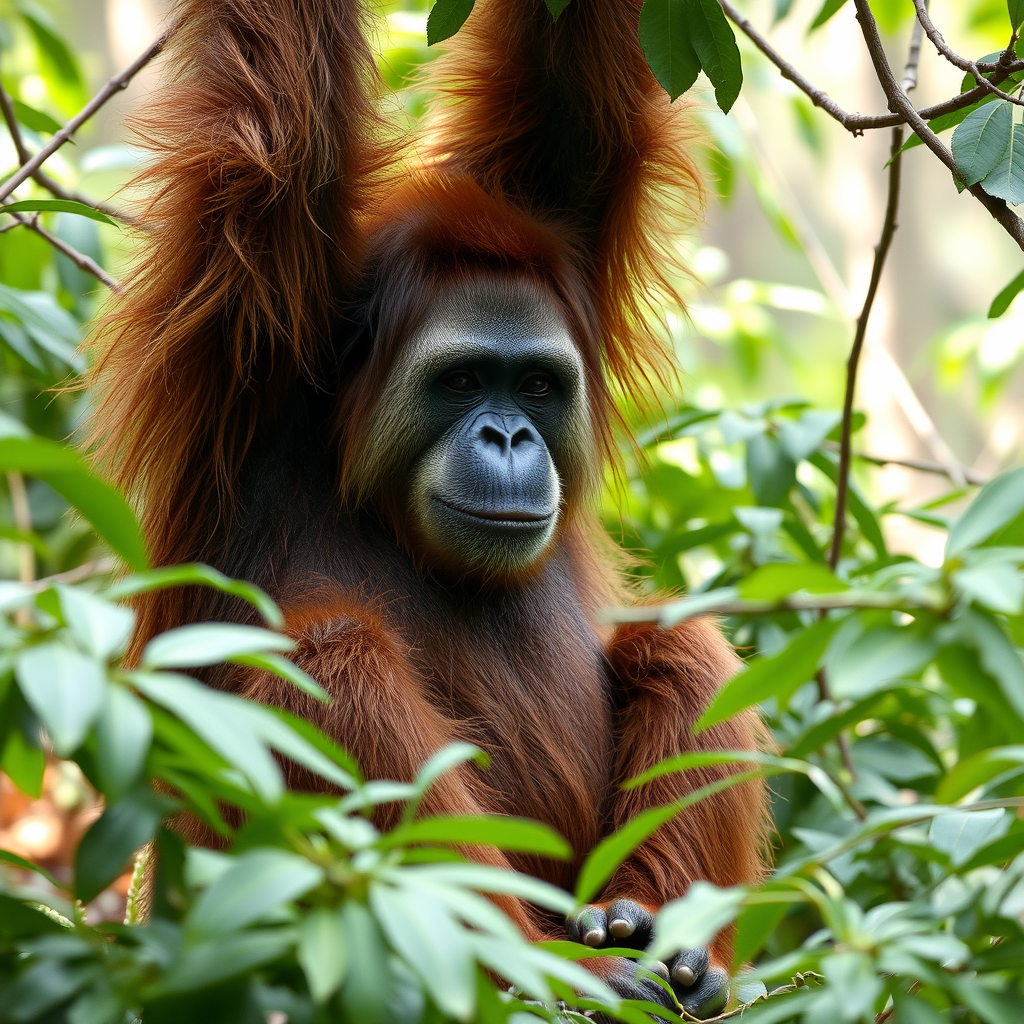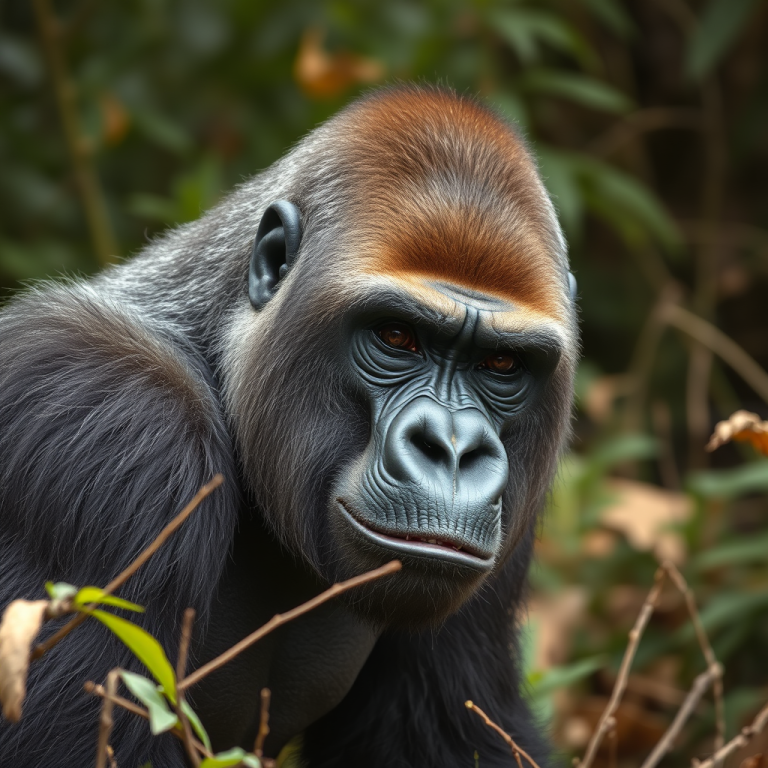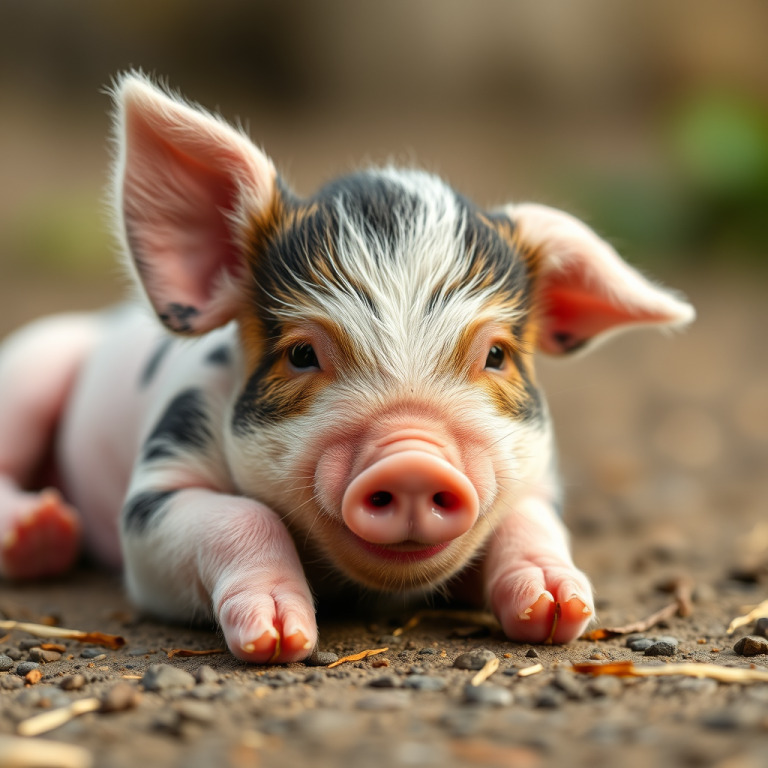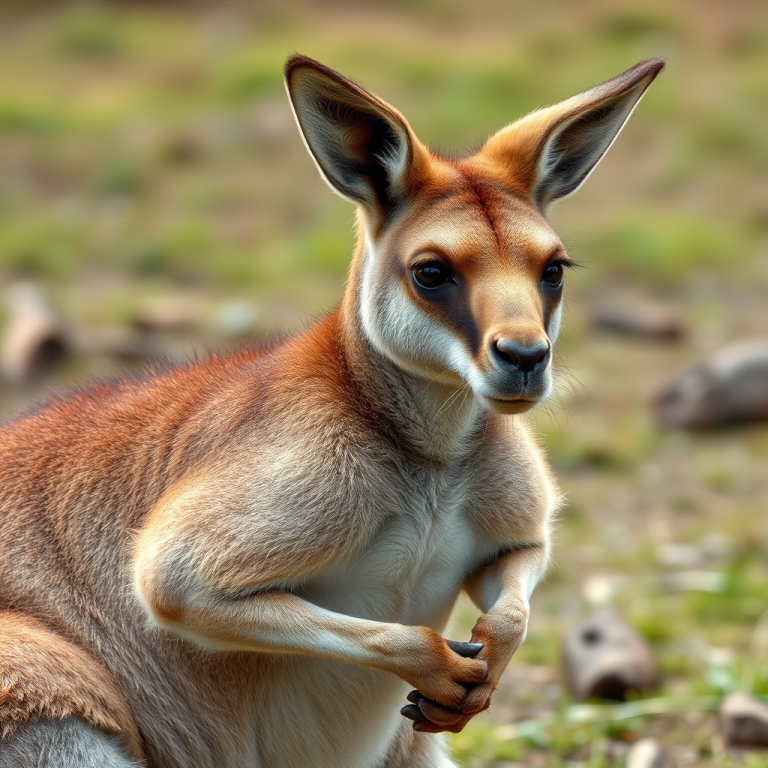Orangutans: The Quiet Thinkers of the Rainforest
Deep in the rainforests of Borneo and Sumatra, orangutans move like red-gold shadows through the trees. They’re not loud. They’re not flashy. But they’re brilliant, emotional, and deeply connected to the world around them. Unlike many wild animals that live in groups or move in herds, orangutans prefer solitude. Alone doesn’t mean lonely—it just means focused. In the wild, every branch, every fruit, and every movement has purpose.
Born to Live in the Treetops
Orangutans spend nearly their entire lives in the canopy. They eat, sleep, travel, and raise their babies up there. With long arms stretching up to seven feet across, they swing gracefully from branch to branch, barely making a sound. They don’t crash through trees like gorillas or chase through them like monkeys. They glide. Every move is slow and calculated, like they’re thinking three steps ahead. Their bodies were built for this life, and they wear the forest like a second skin.
Minds as Sharp as Their Grip
There’s a reason orangutans are considered some of the most intelligent animals in the world. In the wild, they’ve been seen using sticks to extract insects, shaping leaves into umbrellas when it rains, and building fresh nests from scratch every single night—some with little roofs or cushions. They study their surroundings. They remember where food trees bloom each season. And they teach their young by example, not force. It’s not just instinct—it’s culture.
Mothers and Their Shadow Babies
One of the most powerful bonds in the animal kingdom exists between an orangutan mother and her baby. For up to seven or eight years, the baby rarely leaves her side. They ride on her back, cling to her chest, learn from every movement she makes. She shows them where to find fruit, how to build a nest, how to stay safe. Orangutan childhoods are long and gentle. And when the baby finally leaves, it doesn’t happen all at once—it’s a slow, emotional letting go.
Fruits, Figs, and Forest Buffets
Wild orangutans are mostly fruit lovers. Figs, mangosteens, lychees, and durians are all on the menu, depending on what’s in season. They’ll sometimes eat leaves, bark, insects, or even small animals if needed, but sweet, ripe fruit is the favorite. They know which trees to visit and when, remembering the fruiting cycles like a mental calendar. And when food is scarce, they adapt—quietly adjusting their range and waiting for nature to catch back up.
The Sounds of the Forest
Even though orangutans are solitary, they still communicate. Males in particular will let out deep, booming “long calls” that echo across the forest, announcing their presence or warning rivals to back off. These calls can travel for miles. Younger orangutans sometimes squeal or grunt during play, and mothers use soft chirps and lip-smacks to reassure their babies. The forest may seem silent, but if you listen closely, orangutans are always talking.
Threatened, Not Broken
In the wild, orangutans face real danger—not from predators, but from people. Logging, palm oil plantations, and forest fires are shrinking their habitat fast. Many wild orangutans have been displaced, orphaned, or killed simply for being in the way. But conservationists, locals, and rescue centers are fighting back—replanting forests, rescuing babies, and slowly returning some orangutans to the wild where they belong. These apes are strong, patient, and resilient. And the forest needs them as much as they need the forest.
Final Thoughts
To see an orangutan in the wild is to witness something deeply ancient and fully alive. They are quiet geniuses—watching, learning, and surviving with grace. They don’t chase attention or compete for space. They just live, gently and intelligently, in harmony with the trees that raised them. Orangutans remind us that strength doesn’t always roar—it can also climb, think, nurture, and adapt in silence.
If you’re curious about the wonders of wildlife, stick around—there’s a whole world to explore at Wonder of Wild.
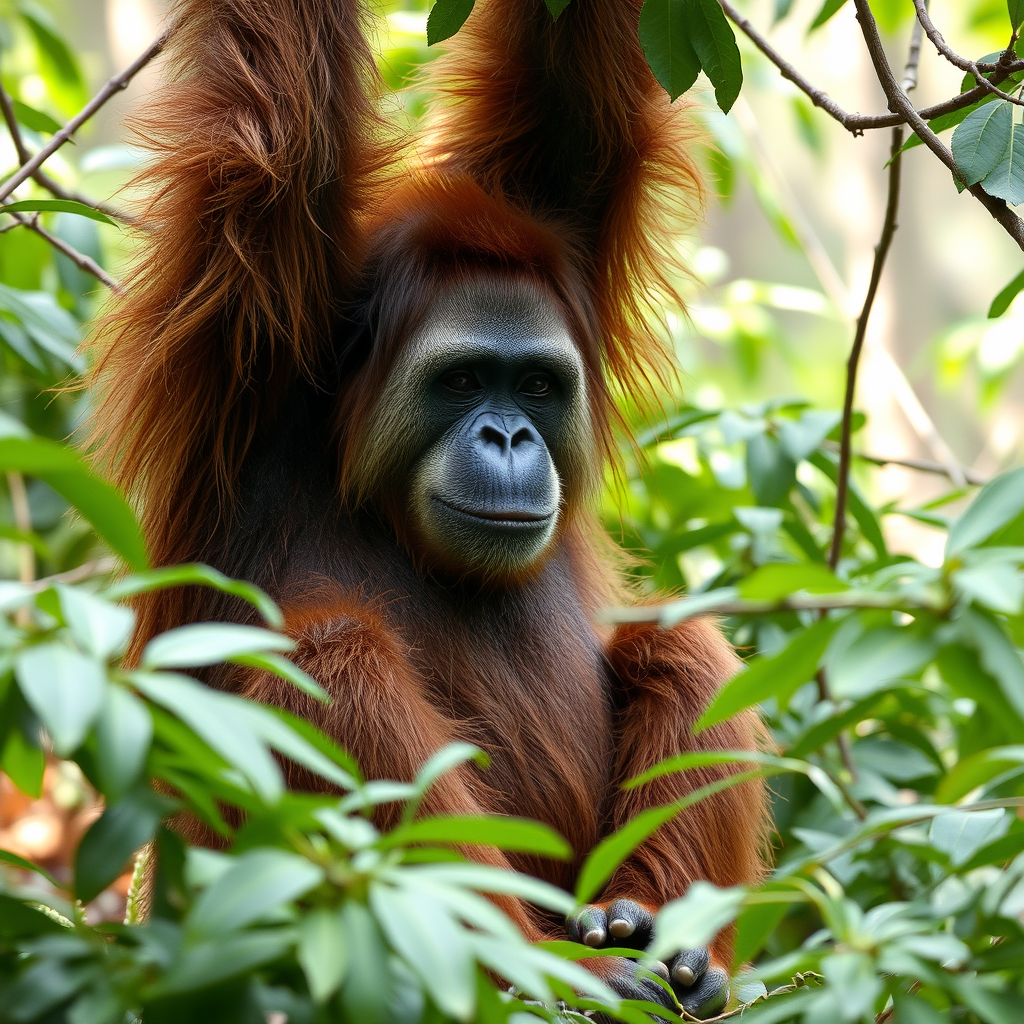
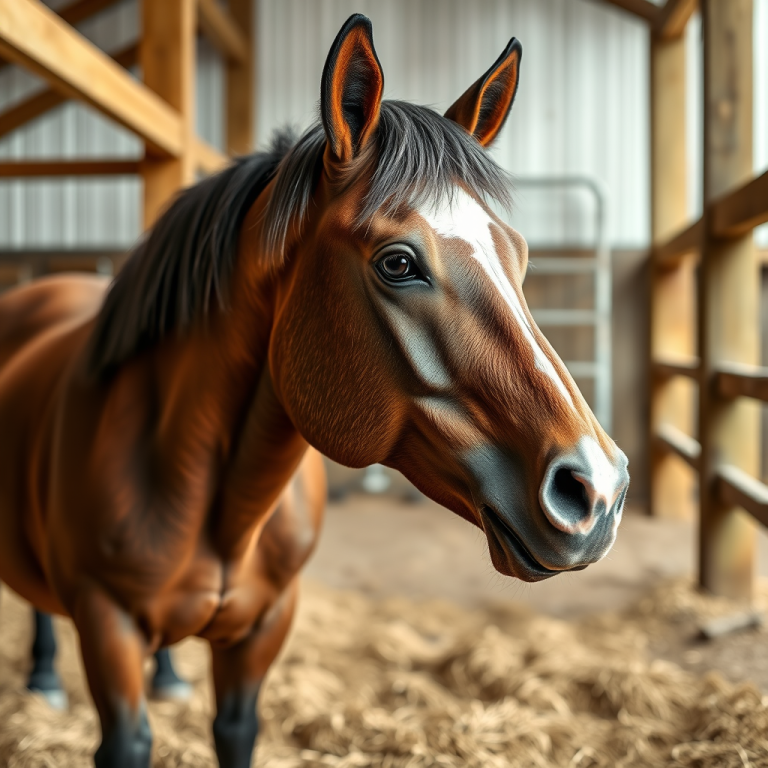
Horses: The Graceful Giants Who Gallop Beside Us
Wild Spirit, Ancient Bond Horses have run across open lands long before humans ever saddled one. Yet over thousands of years, these wild creatures chose…

Badgers: Underground Architects of the Wild
Small But Tough At first glance, badgers might look like cute, chunky creatures just trying to mind their business — but don’t be fooled. These…

The Majesty of Tigers: Stripes, Strength, and Solitude
The Enigmatic King of the Jungle Tigers are among the most captivating animals on Earth. Known for their striking orange coats and dark stripes, they…

